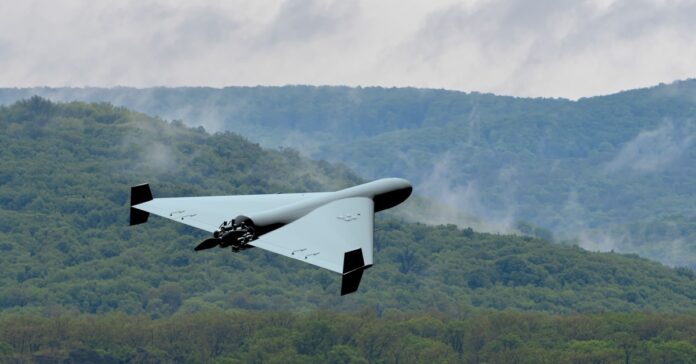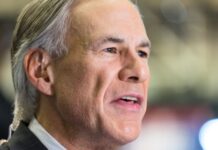
Say what you want about Sayyed Hassan Nasrallah, but he knows how to put on a show. On Tuesday, the Hezbollah leader promised a “strong and effective” response to Israel’s killing of their military commander, Fuad Shukr. And he’s not mincing words, vowing to strike back with or without the help of regional allies.
Nasrallah, never one to reveal his hand too early, said Hezbollah would wait for the right moment to hit back, though he kept mum on the specifics. His message was clear: international efforts to persuade Hezbollah to stand down are a waste of time. “Whatever the consequences, the resistance will not let these Israeli attacks pass by,” he declared in a televised address marking one week since Shukr’s assassination.
The timing couldn’t have been better for Nasrallah’s drama. Just as he began his speech, Israeli warplanes flew over Beirut, causing sonic booms that rattled the city and sent people scrambling. Nasrallah dismissed these as “small-minded” attempts by Israel to provoke fear.
Israel, of course, stayed silent, offering no comments on Nasrallah’s threats or the air show.
The situation is tense, with fears that the Middle East might plunge into war following Hezbollah’s vow to avenge Shukr’s death. Iran is fuming over the assassination of a Hamas leader in Tehran, another move it blames on Israel, though Israel hasn’t confirmed or denied any involvement. Nasrallah tried to downplay the significance of these killings, urging his followers to “take it easy” and not see them as a turning point against Iran’s Axis of Resistance.
Nasrallah claimed that Hezbollah has tried to keep the fighting contained to the border area, but he accused Israel of escalating the situation. “The Israelis are the ones that chose this escalation with Lebanon,” he said, pointing out that summer parties and vacationers were still flocking to Lebanon until recently.
The conflict is heating up. The strike that killed Shukr on July 30 was the second hit on Beirut’s southern suburbs in the ongoing hostilities between Hezbollah and Israel. Earlier on Tuesday, Hezbollah launched drones at two military sites near Acre in northern Israel and attacked an Israeli army vehicle elsewhere. The Israeli military said it intercepted one drone, but some crossed into Israel, causing injuries when an interceptor missed its target and hit the ground.
Four Hezbollah fighters were also killed in a strike on a house in Mayfadoun, a Lebanese town near the border. Nasrallah said these tit-for-tat attacks have been part of the regular fighting since October 2023 to support Palestinians in Gaza and the West Bank. He promised that the response to the killings of top Hezbollah and Hamas figures would be significant, but delaying it was a strategy to keep Israel on edge. “Iran will respond, and Hezbollah will respond, and the enemy waits… Making the enemy wait is part of the punishment,” he said.
As usual, Nasrallah’s speech was cheered by his supporters in Beirut’s southern suburbs. It seems the Hezbollah leader knows how to keep his audience engaged, even if it means ratcheting up regional tensions to dangerous levels.







